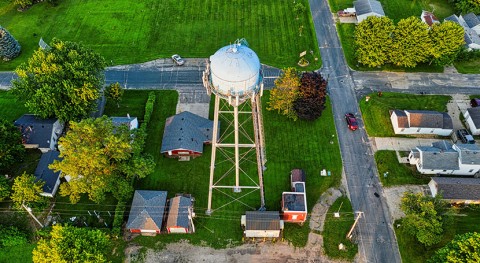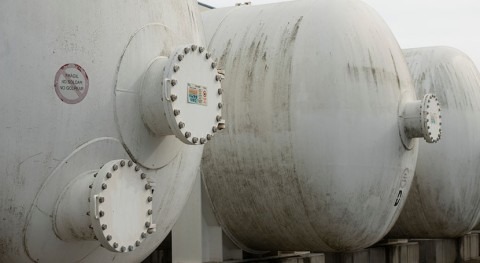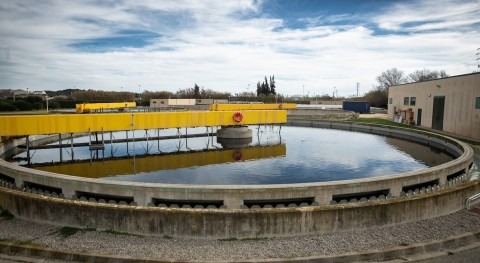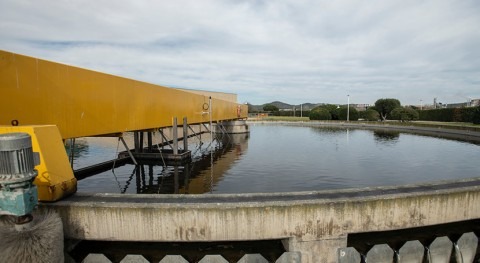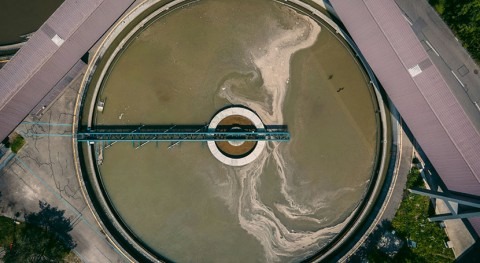The U.S. House of Representatives passed on Friday an extensive package of measures to address PFAS chemical contamination. The H.R. 535, the PFAS Action Act of 2019 passed the House by a 247 to 159 margin.
The Action Act will designate PFOA and PFOS as hazardous substances, which will begin the clean-up process at contaminated sites. The Environmental Protection Agency will also have a two-year deadline to create a drinking water standard, and set deadlines for the Agency to restrict the persistent chemicals known as PFAS.
PFAS (per and polyfluoroalkyl substances), a group of synthetic chemicals that have been manufactured since the 1940s, have made the news in recent years due to their association to cancer, liver and thyroid disease, and other adverse health effects. Nicknamed “forever chemicals”, they do not break down in the environment and accumulate in the human body.
According to the Environmental Working Group, an estimated 100 million Americans could be drinking water polluted by PFAS, with around 1,400 communities and more than 300 U.S. military bases currently contaminated with persistent chemicals.
“Today the House overwhelmingly voted to reduce ongoing PFAS releases, reduce PFAS in tap water, and clean up legacy PFAS pollution,” said EWG Senior Vice President for Government Affairs Scott Faber. “If EPA will not do its job, it’s up to Congress to do its job.”
“The PFAS Action Act is urgently needed to help clean up harmful PFAS chemicals in Michigan and across the country,” said Congressman Dan Kildee, Chief Deputy Whip of the House Democratic Caucus and co-chair of the bipartisan Congressional PFAS Task Force, on Friday.
Passing with 247 votes, of which 24 were Republicans, the legislation will go to the Senate, where its prospects are gloomy.
Last week, the Trump administration threatened to veto PFAS legislation if it passes the House and Senate.
The EPA that had guaranteed to work on creating a drinking water regulation by the end of 2019 failed to do so, after it issued a second PFAS Action Plan at the beginning of 2019, saying it was researching and monitoring PFAS.
It was not until 2009 that the EPA issued its first PFAS Action Plan and established a non-enforceable provisional health advisory for PFOA and its close chemical cousin PFOS – more than a decade after 3M shared studies showing PFAS chemicals were toxic in 1998.









